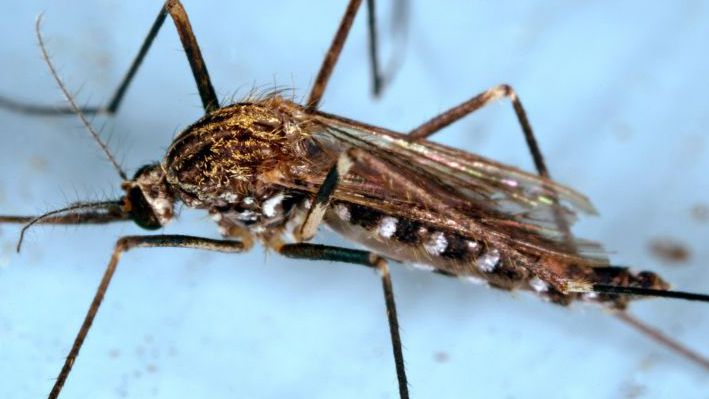THE West Nile virus has been identified as the viral infection which has seen 16 people hospitalised in Sevilla.
The Junta de Andalucia has now confirmed that 12 of the meningitis patients seen this week have tested positive for the disease.
The outbreak has occurred in the towns of Puebla del Rio and Coria de Rio, both located next to marshland on the Guadalquivir river.
Experts have confirmed that the virus is the culprit after testing blood samples at the Virgen de las Nieves laboratory in Granada.
There are currently 19 cases declared in the province of Sevilla, with 17 people requiring treatment in hospital.
Seven of the residents are in intensive care, according to the regional health ministry.
As soon as the results were revealed, the Junta launched a plan to fumigate the areas in a bid to kill off the mosquitos.
The Epidemiological Surveillance Service has reiterated that the virus cannot be transmitted from person to person, and only via a mosquito bite.
Health minister for Andalucia Jesus Aguirre told press today that the disease has come from the arrival of an invasive breed of mosquito known as the Aedes Japonicus.
They are believed to be solely located in the two affected towns in Sevilla.
Luckily, the West Nile virus has a fatality rate of 0.1%, with 80% of patients being asymptomatic.
It causes fever on average among 20% of sufferers but ‘is perfectly manageable’, said Aguirre.
Aguirre explained that the mosquitos bite migratory birds which often fly in from areas afflicted by the virus.
The patients in Sevilla are between 35 and 85 years old, while those in intensive care are the more elderly patients, who typically have other conditions and weaker immune systems.
The Aedes Japonicus differs from the tiger mosquito as it is brown, slightly larger and with gold stripes instead of white.
Click here to read more Spain News from The Olive Press.








